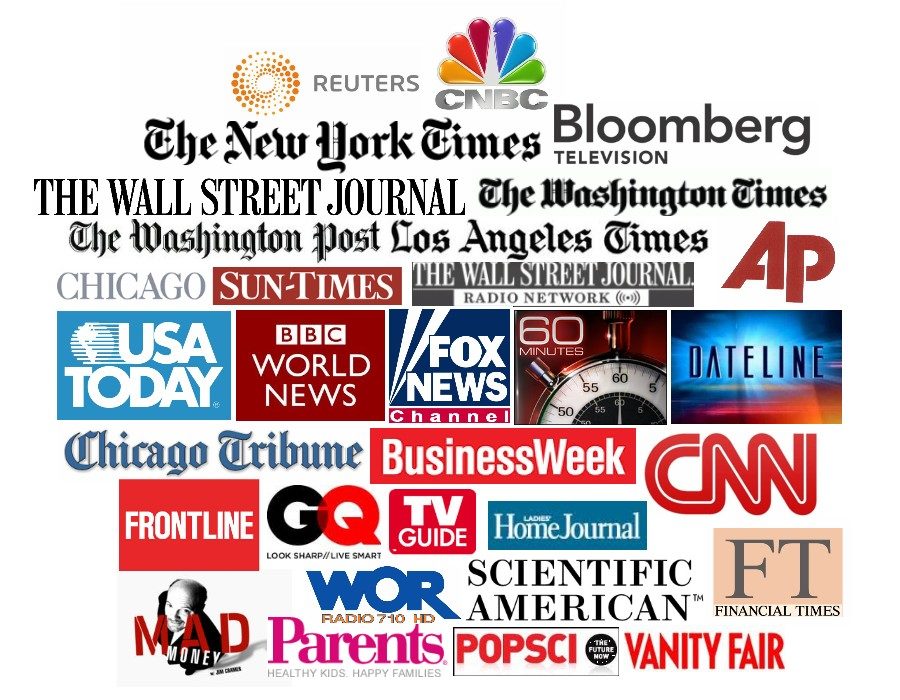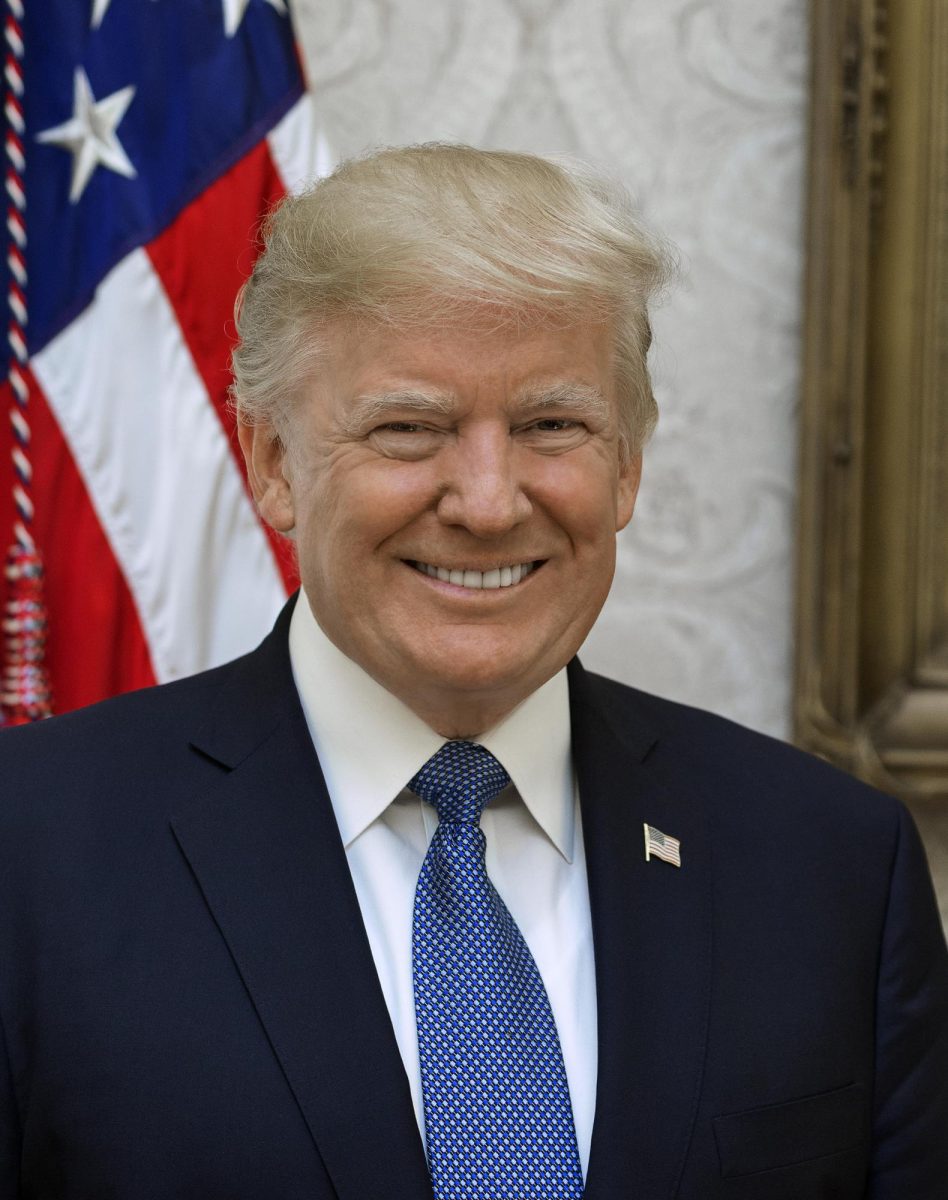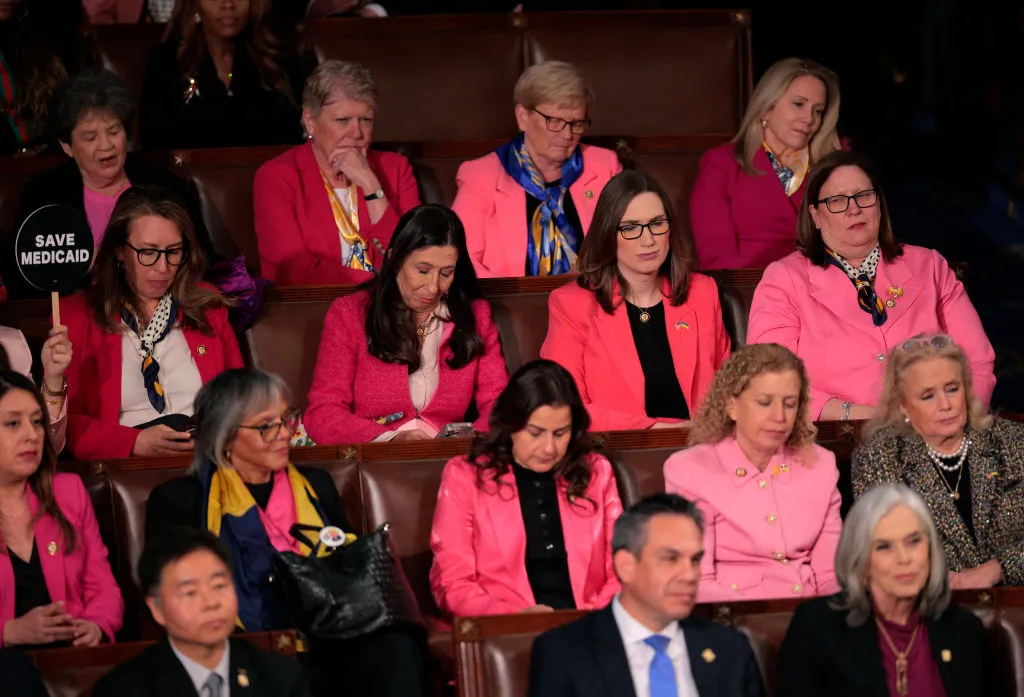Fake News Makes Fake History
October 11, 2018
A phrase that has become increasingly popular since Donald Trump’s presidency is “fake news.” There are endless tutorials online on how to find and discredit “fake news” on any social media platform. What qualifies as fake news?
Cambridge Dictionary’s definition of fake news is “false stories that appear to be news, spread on the internet or using other media, usually created to influence political views or as a joke.”
The most popular use of falsifying news today is for political gain. However, the line of what is fake is blurry when every media source is being called false. According to NPR’s Tamara Keith, “as of midday August, Trump had sent out more than 40 tweets containing the words ‘fake’ or ‘phony.'”
For example, Trump has had an ongoing feud with the unemployment figures. Before he was elected president, he constantly criticized America’s unemployment rate. He believed that the statistics were higher than the American government was telling the public. As Trump said himself, “because the numbers are phony numbers, 5 percent. Every time I watch that ‘unemployment is down to 5 percent’. It’s not down to 5 percent. It’s probably 20 or 25 percent. Some people think it is higher.”
However, after the election, he never commented on the percentages, and often refers to the lowered unemployment rate as his ‘greatest achievement’.
2016 was the first time scandals with fake news directly impacted the masses and stirred up enormous controversy. Donald Trump openly admitted to Russia interfering with the election via Twitter. Yet, there was still some confusion surrounding the issue.
According to Eugene Kiely and D’Angelo Gore, “Trump denied or doubted Russia’s involvement in the hacking from the first day that it became public in June 2016.” Then later in February of 2018, Trump tweeted “I never said Russia did not meddle in the election, I said ‘it may be Russia, or China or another country or group, or it may be a 400 pound genius sitting in bed and playing with his computer. ‘The Russian ‘hoax’ was that the Trump campaign colluded with Russia – it never did!”
Brendan Nyhan, a popular political scientist, says, “Donald Trump more and more is calling into question every other source of information besides himself.”
More often than not, the definition of fake news is forgotten. Instead, the phrase is commonly used as a defense mechanism to dispute any questionable affairs people in power have. Bad press coverage causes an absence of support of citizens that were once fans of these officials. An easy way to gain back that support is to deny any of the research done about the event. According to Here and Now, “during a White House press briefing Tuesday, Deputy Press Secretary Sarah Huckabee Sanders used a familiar tactic when she criticized the news media for producing a ‘constant barrage of fake news'”.
The distrust between journalism and the people is constantly growing. According to Gina Martinez, “About 51% of Republicans polled said they believed the news media is the enemy of the people.”
Many citizens believe that the youth is being brainwashed to believe that fake events are happening. According to Stan Wineberg, “we found that over 80 percent of the high school students that we gave this to them had an extremely difficult time making that determination. They didn’t ask where it came from. They didn’t verify it. They simply accepted the picture as fact.”
Children are more susceptible to accept information as it is and do not questions about the source. Perhaps this could be because of the sharp incline of the use of the word “fake news”. The sudden appearances of accusations and distrust cause the public to be misinformed. The constant scrutiny of online sources and journalism directly affects millions of people and how they view the public and our government. This distrust causes people to become paranoid and unable to be involved citizens.
In the event that Trump calls every journalistic piece that discredits his image fake, how do the readers know who to trust? Readers are not trained to fact-check every piece of evidence or quotes in an article. This causes readers to lose enjoyment in reading articles. It is a huge burden on the public to fact-check, and in turn, causes a distrust in reputable journalism. How will the youth of America grow to trust the media and what is being taught if our leadership is blindly calling these accounts fake?
Current events are a record of history that is happening now. Looking back in 20 years, are we going to be able to trust these historical records if they are being called ‘phony’ by our president? It is much larger than discrediting a man’s image – it is affecting our youth and history.









